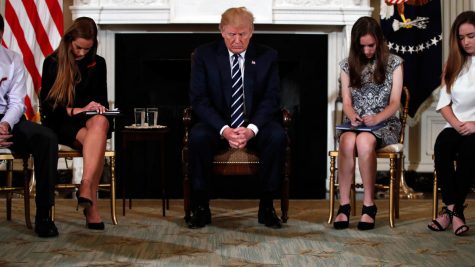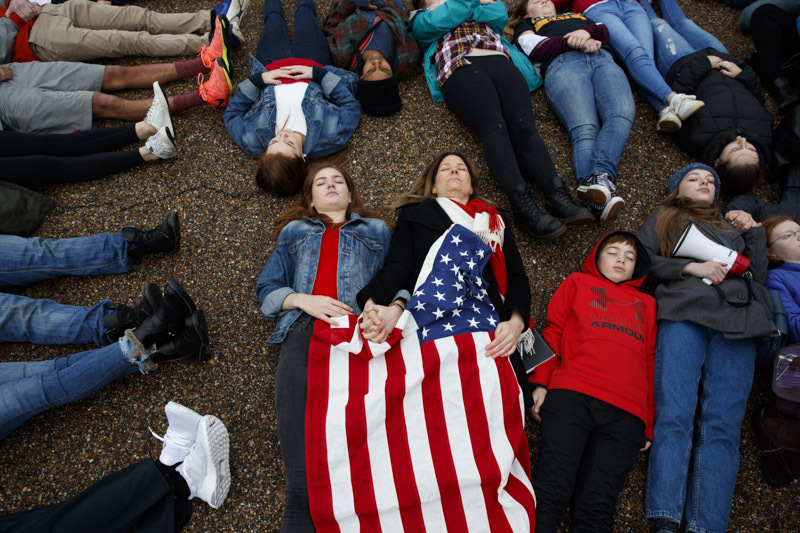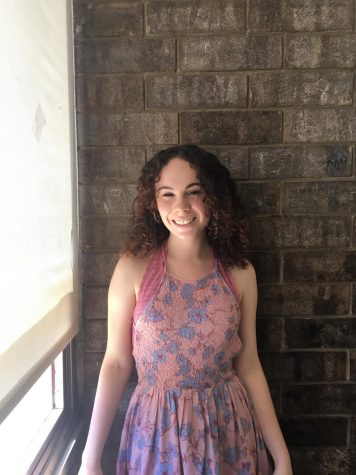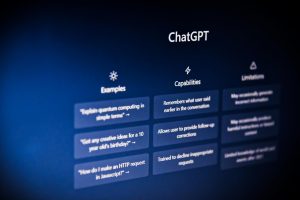Why Vilifying the Mentally Ill Won’t Stop Villains
February 26, 2018
Every mass shooting ignites an argument over the causes of the tragedy and what can be changed to prevent further violence. Many people, especially those who are opposed to the reformation of gun ownership, blame our mental health system. Why does the current system allow potential shooters to walk around society untreated? Why did psychiatrists not identify Nikolas Cruz, the gunner in last week’s school shooting, as a threat to society? Cruz hurt animals, bullied his classmates, and made alarming online posts; why did he not receive proper treatment? Can’t we prevent future shootings if we just stop allowing the mentally ill to purchase guns?
The problem with this attack on the mental health system is that the mentally ill are rarely the ones shooting up schools. This misconception derives from an entrenched stigma and lack of understanding towards mental illness in our society. From a young age, we are programmed to stay away from “crazy” people and taught how to be “normal.” Consequently, our society believes that a successful, “normal,” life is unachievable for those who suffer from mental illness. We pretend that great individuals like Beethoven, Lincoln, and John Nash didn’t suffer from bipolar disorder, depression, and schizophrenia respectively. Instead, the public associates mental illness with mass violence and criminality. Why? Because it is easier to blame horrific mass shootings on “crazy” people than it is to accept that “normal” people can be dangerous threats to society. Because it is easier to blame a failing mental health system than it is to blame a failing government and society.

Unfortunately, lawmakers and public officials are not exempt from this stereotype. In most states, there are laws that protect the civil rights of people with mental illness by limiting what treatment can be imposed on someone against his or her will. Patients must either be a danger to themselves or others because of mental illness to be hospitalized involuntarily. However, following the mass shooting at Sandy Hook elementary school in 2012, legislators considered reforming involuntary psychiatric care laws and increasing the reporting of patients to the national criminal background check system (the database used to identify prohibited gun users).
This showcases the embedded misunderstanding of mental illness and the error in using a mental health care-driven policy to prevent mass violence. According to the National Alliance of Mental Illness, one in five adults experience mental illness within a given year, but less than 1% of gun-related homicides are committed by people with a serious mental illness. Targeting the mental health care system as the root of gun violence will not bring liberation but imprison one-fifth of our population. Laws targeting mental illness will unfairly limit the rights of non-violent, active members of society, and discourage people willingly seeking mental health care.
Another major flaw in the attack on the mental health system is that men like Nikolas Cruz are unlikely to be deemed too mentally ill to purchase a gun or mentally ill at all. And even if Cruz was placed on the national criminal background check system, laws preventing the mentally ill from purchasing weapons are too easily bypassed.
More often than not, mass shooters have no previous record of mental illness, deny feeling suicidal or homicidal, and have a clear perception of reality. Mass shooters do, however, suffer from anger, resentment, insecurity, and hate. Unfortunately, there is no cure-all treatment that stops angry men from being angry. We cannot institutionalize everyone who has been bullied or has left violent Facebook posts. And even if we did, psychiatrists know how to treat delusions, mania, suicidal impulses, paranoia, self-injurious behaviors, and hallucinations. Doctors aren’t trained in curing feelings of hatred, betrayal, and disillusionment.
The only way that the Parkland shooting will be the last school shooting our country faces is if we stop focusing on institutionalizing everyone who poses a “threat” to society and start creating common sense gun laws.

















































































































































